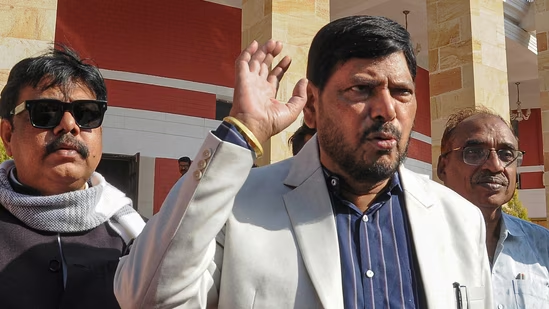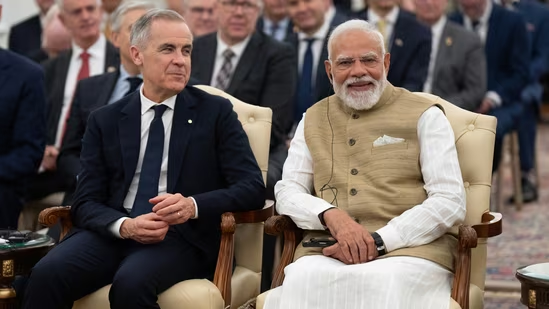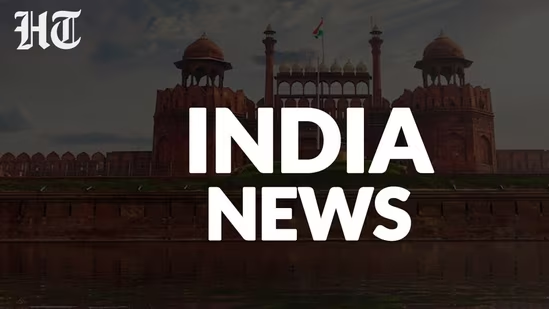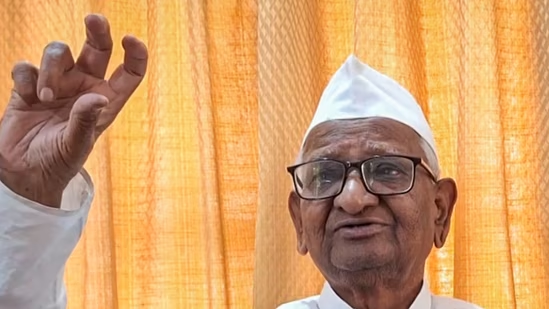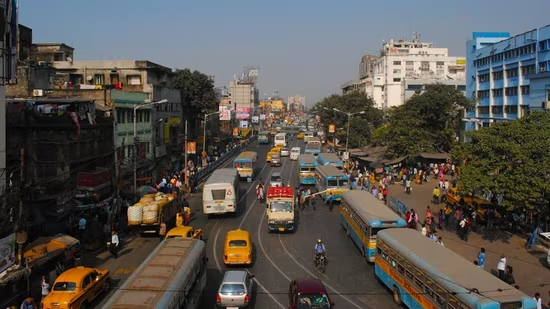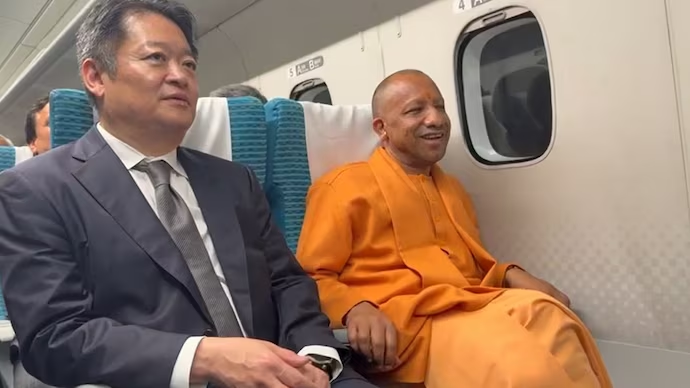India’s recent election results have presented a clear message from the electorate: a rejection of divisive politics and a call for a more inclusive and equitable governance approach. Despite the ruling party’s extensive campaign efforts and promises, voters decisively voiced their discontent with the current political trajectory, signalling a demand for change.
A Vote Against Division and Arrogance
The Indian electorate expressed dissatisfaction with several aspects of the ruling party’s approach. Key among these was the pervasive arrogance and the “Modi-only” strategy that seemed to overshadow collective governance. The public rejected excessive publicity stunts, flamboyant displays, and oppressive tactics employed to suppress opposition voices. The misuse of constitutional bodies and central agencies for political gain did not sit well with voters, leading to a widespread call for more equitable and just practices.
The metaphorical “bulldozer” politics, symbolising a primitive and harsh justice system, was another significant point of contention. This approach, viewed as antithetical to the principles of Vedic Sanatana Dharma, faced severe backlash from the electorate. Instead, voters showed a clear preference for a more accommodative and harmonious governance model.
The Fall of an Overarching Persona
The ruling party’s inability to secure the magic number of 272 seats, despite projecting a confident image of achieving a 400-plus majority, marked a significant blow to its leadership. The Prime Minister’s eagerness to respond to congratulatory messages from international leaders highlighted a perceived weakness and fall from grace. The formation of the new government faced delays and resistance, as previously sidelined coalition partners now held crucial negotiating power, dictating the terms for the new administration.
Demand for Social Justice and Equity
The electorate’s vote also underscored a desire for social justice, security, and empowerment. There was a strong emphasis on addressing the inequalities entrenched in the Indian social fabric. The call for a caste census highlighted the need for data-driven approaches to ensure equitable resource allocation and representation. Voters from southern states expressed their aspirations for fair consideration in resource distribution and parliamentary representation in the upcoming delimitation process.
Rejection of Fear and Manipulation
The election results showed a clear rejection of fear-based tactics and misinformation. Threats of punitive actions against religious practices and the spread of half-truths regarding public health measures, such as ineffective vaccines and abrupt lockdowns, were met with resistance. The electorate’s focus was on seeking justice and transparency, as epitomised by Rahul Gandhi’s “Nyay Sutra” campaign, which resonated with many voters.
Lessons for the Opposition
Despite having numerous issues to leverage against the incumbent government, the opposition failed to capitalise on these opportunities effectively. The lack of a coherent strategy and the failure to present a viable alternative were significant shortcomings. Rahul Gandhi’s campaign, although impactful in certain aspects, did not translate into a decisive mandate. The opposition’s inability to consolidate support in key regions, such as Karnataka, Himachal Pradesh, Chhattisgarh, and Madhya Pradesh, highlighted strategic weaknesses that need urgent addressing.
The Role of Young Voters
India’s young electorate played a pivotal role in this election. Despite their modern lifestyles and technological adeptness, they remained deeply connected to their cultural and traditional roots. This demographic, while open to change, seeks to preserve the nation’s diverse heritage and ensure that all faiths are treated equally. The new generation’s nuanced perspective emphasises the need for political strategies that honour India’s pluralistic ethos while addressing contemporary challenges.
The Future of Indian Politics
The 2024 election results signal a turning point for Indian politics. The electorate’s fractured mandate is a call for introspection and realignment. Political leaders must now engage in a thorough assessment of their strategies and reconnect with the core values and aspirations of the Indian populace. The need for unity, inclusivity, and equity is more pressing than ever.
The opposition’s path forward requires building a strong, unified front that can effectively challenge the ruling party. This involves addressing internal conflicts, fostering collaboration among diverse political entities, and developing a clear, cohesive vision that resonates with the electorate’s needs and expectations.
Conclusion: A Call for Inclusive Governance
India’s recent election results have underscored the electorate’s desire for a more inclusive, just, and equitable governance model. The message is clear: the time for arrogance, division, and oppressive tactics is over. The path ahead lies in unity, accommodation, and a steadfast commitment to social justice and equality. As political leaders navigate this new landscape, the emphasis must be on creating a governance model that truly reflects the diverse and dynamic fabric of Indian society.








